If you are on a keto diet, you may be asking yourself, are carrots keto? Perhaps you're wondering which low-carb vegetables you can include in your ketogenic diet and if carrots make the list.
While they are relatively high in carbs, carrots can be part of a healthy keto diet when eaten in small amounts and when paired with other low-carb foods.
When planning your keto meals, be sure to account for the carb content in carrots so that you stay within your daily carb limit.
The good news is that carrots can be part of a healthy, balanced keto diet for most people doing keto.
While on a keto standard diet, most people are able to consume 20–50 grams of carbs per day and maintain ketosis.
If you eat 122g (1 cup) of carrots and limit it to one serving a day, you can take advantage of the antioxidants, vitamins, and minerals that carrots provide while still being committed to the ketogenic diet.
While they are a healthy food, they are still relatively high in carbs compared to other vegetables.
When following a keto diet, it's important to focus on eating mostly non-starchy vegetables and moderate amounts of protein and fat.
On a low-carb diet, the grams of carbs and portion size take priority when determining what root vegetables to include in your daily carb intake.
Are Carrots Keto-Friendly?
When it comes to following a keto diet, there are certain vegetables that are better choices than others.
While the majority of vegetables that are consumed on a keto diet are non-starchy vegetables, such as cauliflower, zucchini, broccoli, and salad greens, there is room for most people on a keto diet to enjoy carrots.
The carbs in carrots may seem like a lot, but it's important to remember that carrots are not tubers like potatoes, which are very high in starch and carbs.
Carrots are part of the root family of vegetables. What most people eat of the carrot is the root portion of the carrot plant.
Because carrots are roots, they’re lower in sugar and carbs than tuber vegetables like sunchokes, yams, and potatoes.
Carrots are part of a class of non-starchy vegetables. This means that they contain mostly water and fiber, which helps to offset the carbs.
How Many Carbs Are In A Serving Of Carrots?
Keto dieters should keep in mind that raw carrots have a glycemic index of 16, which puts carrots in a low glycemic food group.
This means the glycemic load is on the low end of the spectrum.
And their high fiber content is what allows the majority of those in the keto community to enjoy the benefits of this vegetable.
One cup of carrots (122 grams) contains:
- 9 grams of total carbs
- 3 grams of fiber
- 4 grams of net carbs
What Are The Benefits Of Eating Carrots On A Keto Diet?
Carrots have numerous health benefits. The following are some reasons you should consider adding carrots to your keto diet:
- Carrots are a good source of vitamins and minerals: They are high in vitamins A, vitamin C, B6, and K, as well as niacin, potassium, calcium, phosphorus, and magnesium.
- Carrots are low in calories: One cup of carrots contains only 50 calories.
- Adding carrots to your keto diet can help you reach your fiber goals. As mentioned above, carrots are a good source of fiber. On a keto diet, it's important to get enough fiber to help with digestive health and offset the lack of carbs in your diet.
- The fiber in carrots can help people with diabetes manage their blood sugar levels.
- Carrots have a reputation for being good for eye health due to their high level of vitamin A (beta-carotene) and lutein (antioxidant).
- The antioxidants in carrots are also known to help with blood pressure, and their fiber is beneficial for heart health.
- Consuming carrots can help strengthen your bones. The combination of calcium and vitamin K is key for bone health.
How To Include Carrots In Your Keto Diet
If you're looking to add carrots to your keto diet, there are a few things to keep in mind.
Would you like to save this?
First, as with any food on a keto diet, it's important to track your carbs and make sure you're staying within your daily carb limit.
One cup of carrots contains 9 grams of carbohydrates, so be sure to account for that when planning your meals.
Second, pair carrots with other low-carb foods to make a balanced meal.
For example, you could add carrots to a salad with some protein, such as chicken, cheese, and avocado, or enjoy them as a small side dish with grilled salmon.
In addition, you can include carrots by using keto carrot recipes that have been specifically created to fit ketogenic macros.
In most keto recipes that include carrots, add a cup or two of carrots, which are divided among several servings.
So, the carb load is still within the limits of the keto diet.
Food Is Not Keto Or Not Keto; Ketosis Is A Metabolic State
Keep in mind that being in ketosis is not contingent on your food choice but rather on a metabolic state.
Of course, it goes without saying that ketosis is achieved easier when choosing foods that are naturally low in carbs.
When a person is in ketosis, there is an elevation of ketone levels (beta-hydroxybutyrate) in the body.
You achieve ketosis when you deplete your glycogen stores and then burn fat for fuel.
When your body does not have enough glucose to power the cells, levels of insulin hormone decrease, which in turn causes fatty acids to be released from the fat stored in the body.
That release of fat from the body is why people who want to lose weight often choose a keto diet to do so. It helps maximize weight loss.
If you keep your carbohydrates within 25–50 grams per day, your body isn't storing glycogen and remains in a state of ketosis.
You can maintain those daily carb macros, whether your meal includes a large salad or a serving of carrots.
Bottom Line
Carrots are a nutritious vegetable that can be enjoyed on a keto diet!
Moderation is key when it comes to adding any food to your diet, including carrots.
Vegetables are an important component of any healthy diet, including the keto diet.
They supply critical minerals and fiber; a low-carb diet with little vegetables and lots of animal foods can make you feel tired, induce constipation or diarrhea, and may even raise your risk of heart disease and diabetes.
Based on the nutrient content of carrots, they can be eaten in small quantities on a keto diet without the risk of being kicked out of ketosis.
However, you must limit yourself to a reasonable amount. If you want to keep your daily net carbs intake at 25 grams, a single portion of carrots with 9 grams of net carbs may use up almost half of your net carbohydrates for the day.
Carrots don't have a significant impact on their carbohydrate content when cooked, so they can be eaten raw or in modest portions on the ketogenic diet.
If you have any other questions about the keto diet or other vegetables that are keto-friendly, be sure to ask your doctor or a registered dietitian. They can help you create a healthy, balanced diet that fits your individual needs.


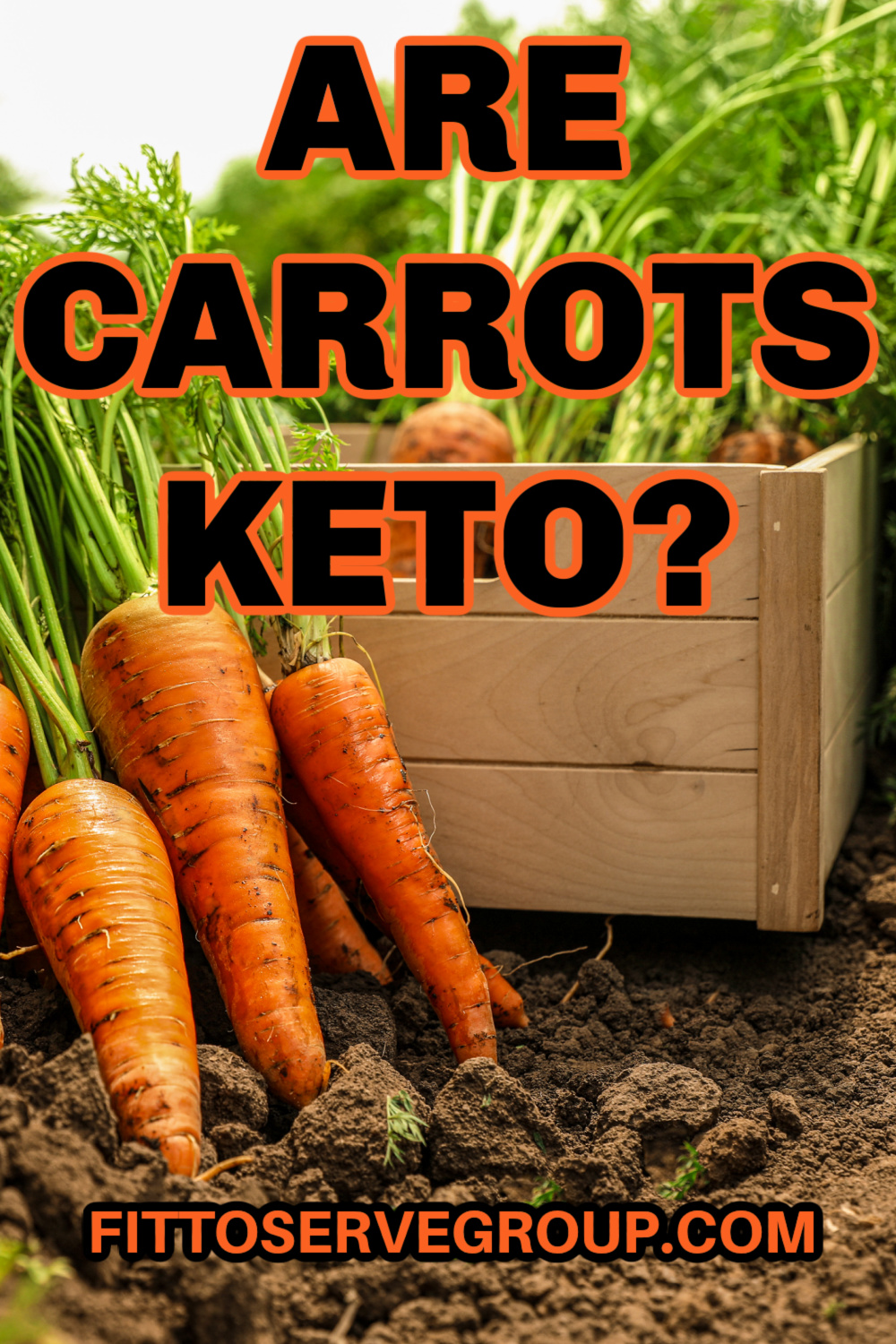
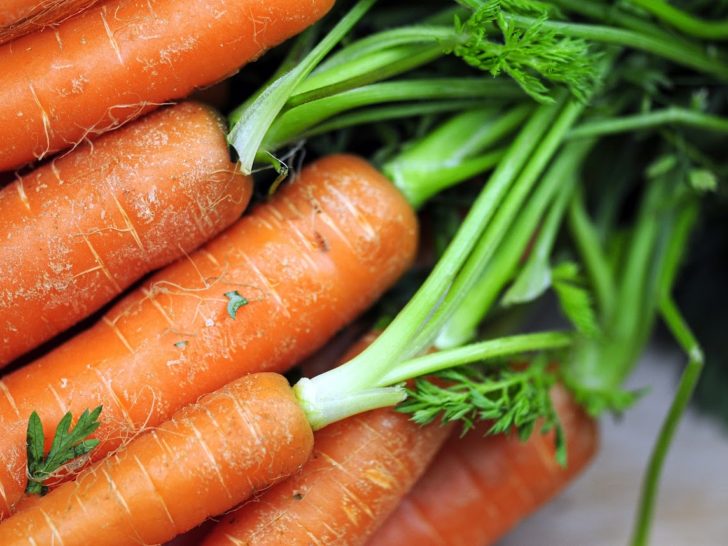
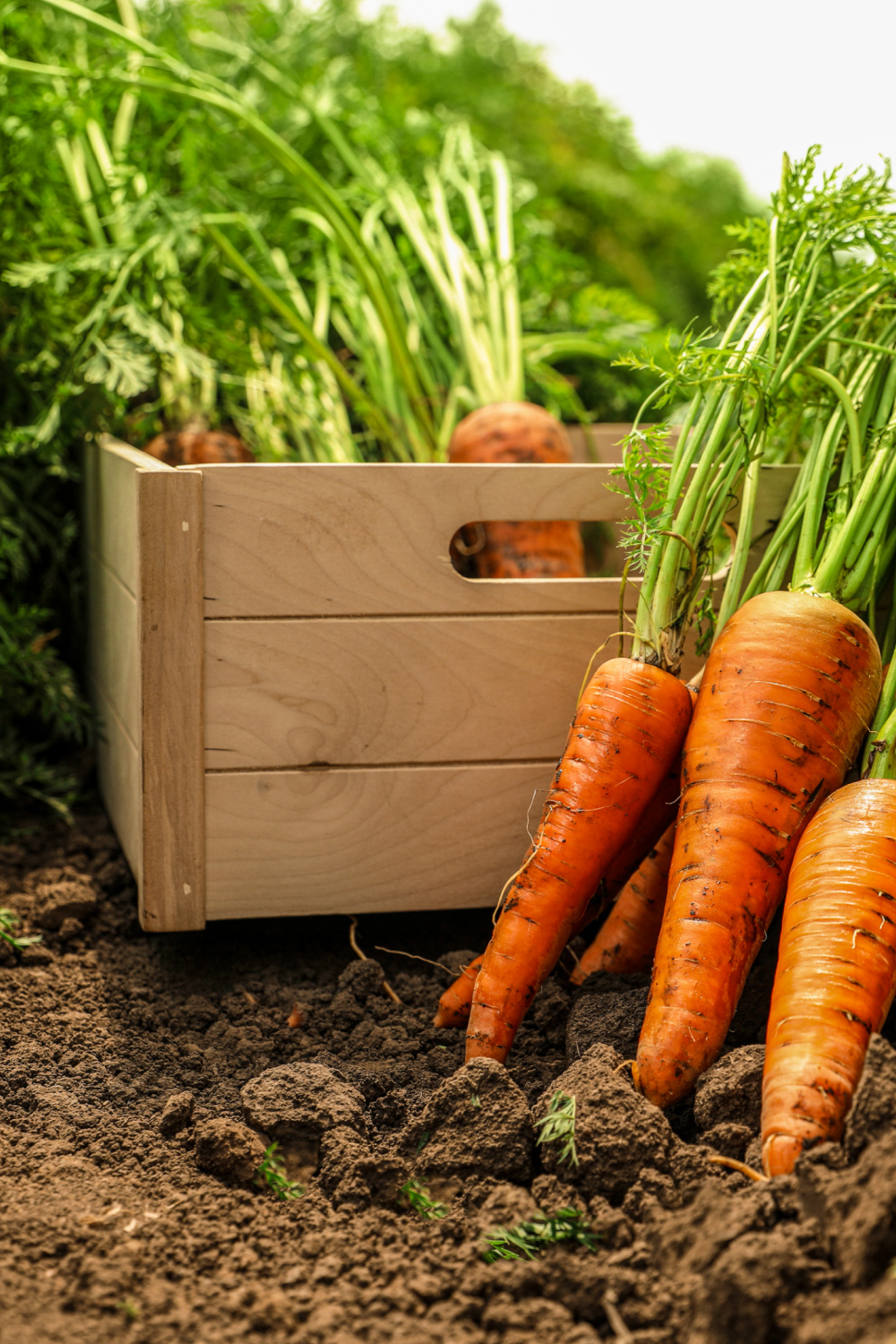
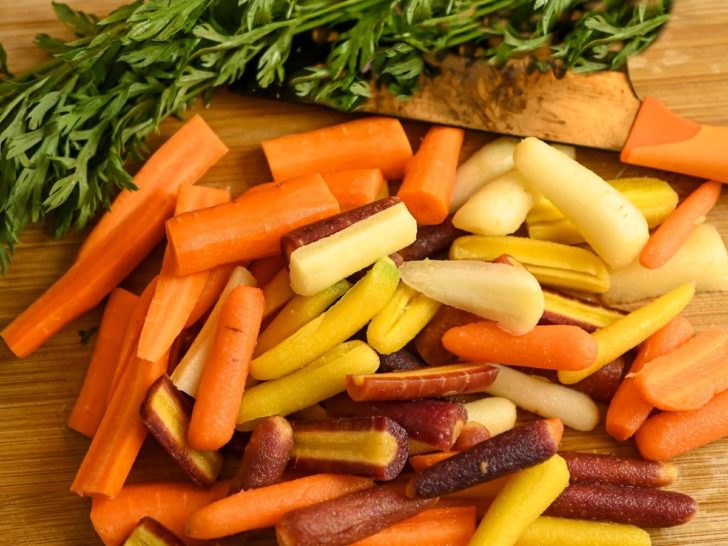



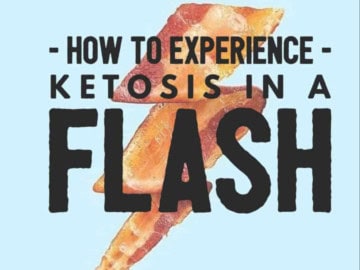
Leave a Reply